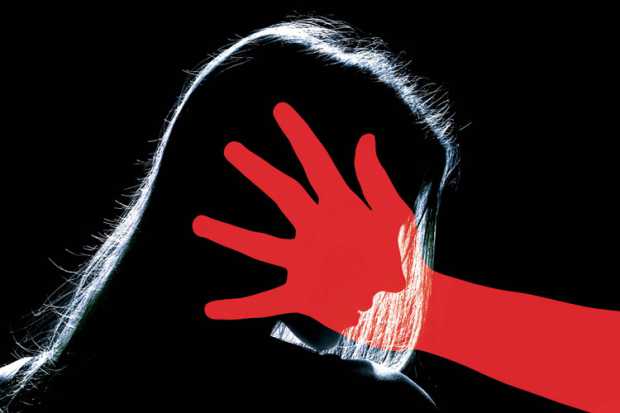 The purpose of the programme was to reflect on the complex and seemingly intractable problems concerning the legal and social responses to rape, to galvanise thinking and to generate fresh approaches in the way society responds to rape.
The purpose of the programme was to reflect on the complex and seemingly intractable problems concerning the legal and social responses to rape, to galvanise thinking and to generate fresh approaches in the way society responds to rape.
A rape case may falter at many stages in the process towards justice for the victim (referred to in Scottish law as ‘the complainer’). A complainer may not report the attack to the police. Of those which are reported, some will not be prosecuted. Of those cases which do proceed to trial, some will result in acquittal for the accused, or conviction for a lesser offence. The process of determining attrition rates is complex and controversial, and varies from jurisdiction to jurisdiction. Nevertheless, the high attrition rate of rape cases in Scotland is of widespread concern. Recently, the definition of rape has been widened in Scots law, and its prosecution improved, but these changes will take some years to be felt and need supported. This programme collected initial soundings on the impacts of reform, recognising that experiences of rape survivors and public attitudes of blameworthiness towards them have in the past been stubbornly resistant to changes in law, policy and practice. The incremental steps that typify traditional legal reform represent progress, but are incapable on their own of producing the cultural shifts necessary to transform the social and legal practices that shape reactions to rape.
Participants included practising solicitors and advocates, academics from law, criminology sociology and psychology, government policy-makers, members of the police, prosecutors, judiciary, and survivor and health services professionals. They represented a variety of jurisdictions including Austria, Australia, Canada, England, Ireland, Scotland, South Africa, and the USA.